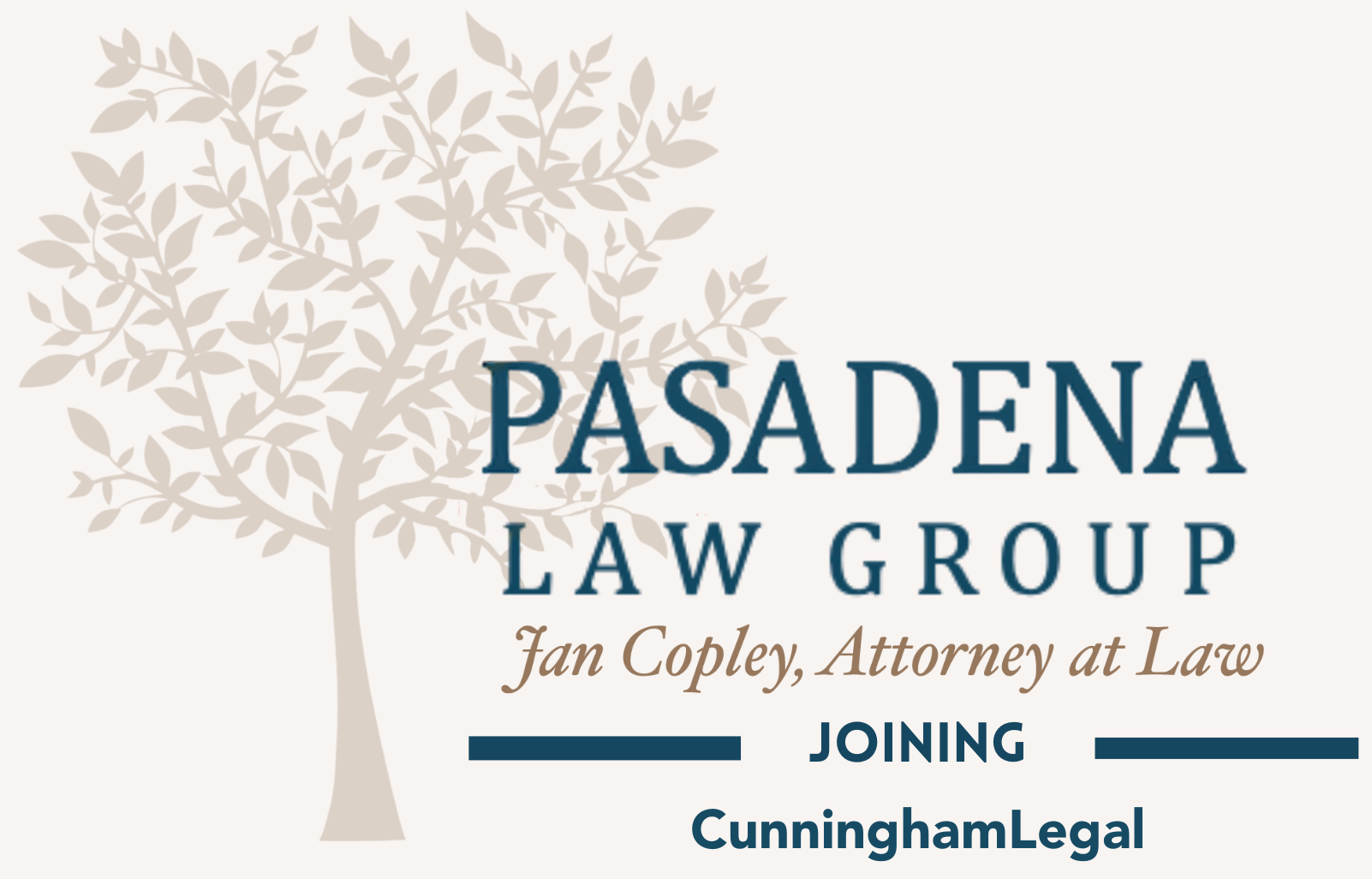As a recent article quips, most Americans spend more time planning for their vacations than they do planning their estates. Although the process of estate planning is typically not something that Americans look forward to, it is an essential part of life.
One of the very first steps in the process of estate planning is determining the nature and value of your estate. An estate includes all assets that a person owns. These assets may include real property, investments, accounts, insurance policies, interest in a business, and personal possessions. Any debts a person has should be subtracted from the total asset value.
When valuing your various assets, it is important to consider how each asset is owned. For example, if an asset is held in joint tenancy with right of survivorship, that asset will automatically become fully owned by the surviving joint tenant at the death of the deceased joint tenant. Therefore, people should not include assets that are held in joint tenancy with right of survivorship in their estate. Other similar assets that should be omitted include joint accounts and payable on death accounts.
After you have determined what you believe your estate will be worth upon your death, you can estimate whether you will have to pay estate taxes, and what the amount of these taxes will be. Using this estimation, you can utilize various estate planning maneuvers to reduce or eliminate these taxes.










